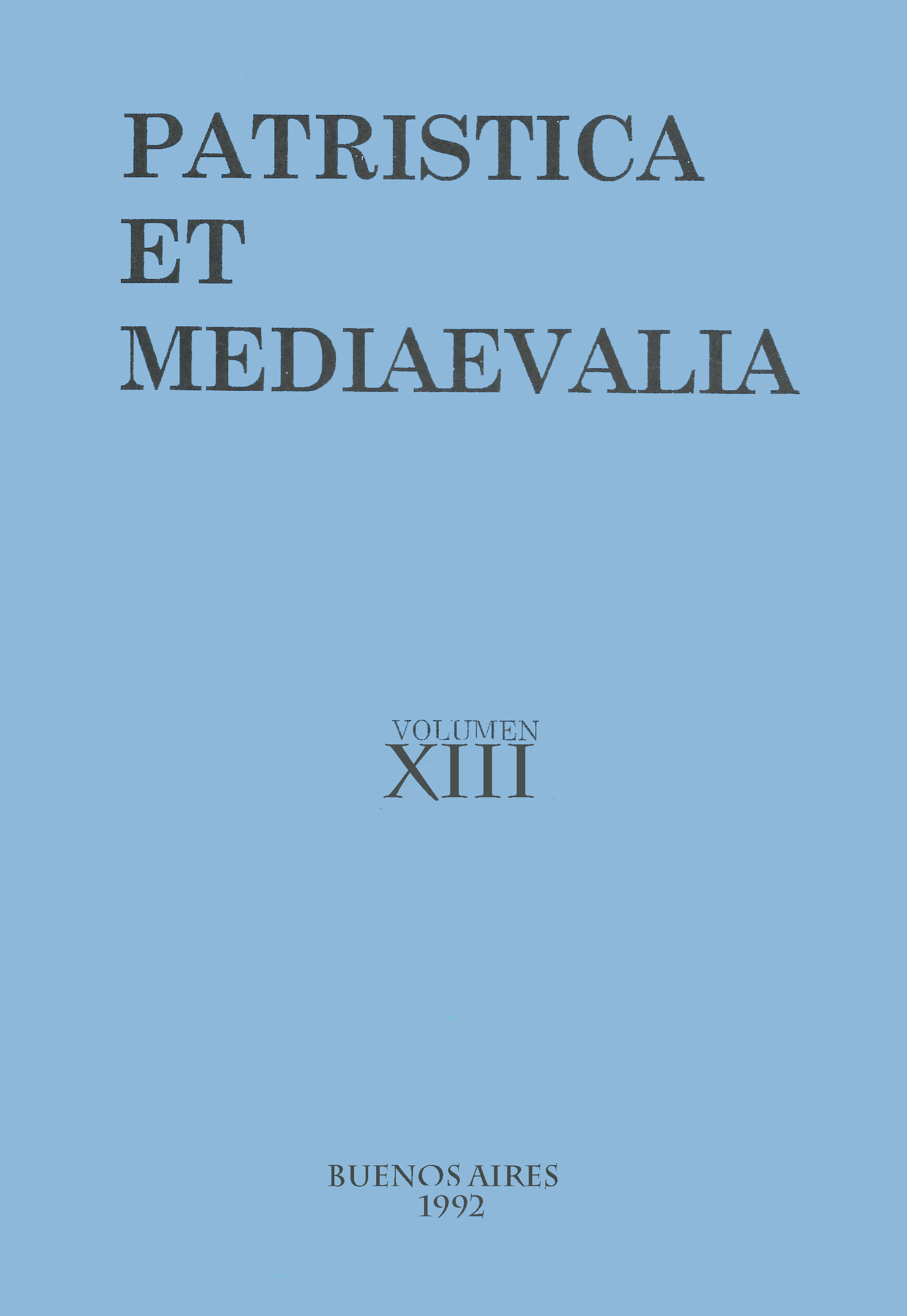Nicholas of Cuse, “De sapientia”: A New Concept of Wisdom in the light of Medieval Tradition
Abstract
Following the traditional notion of Wisdom as the Word of God, Nicholas of Cuse proposes in De sapientia a human wisdom whose condition is scientia ignorationis and its starting point is reality considered as explicatio dei. The idiot –the archetype of a wise man– affirms the possibility of passing from multiplicity to his “mensurae” or explanatory principles that offer us a partial cognitive apprehension of reality. The “transference” to the Infinite of these principles will lead, although through a conjectural path, to what is the Mensura or absolute Complicatio. Finally, the “transference” from geometry to theology gives an approximate image of the unknown God-world relationship. This paper highlights the Cusanus formulation of some notions related to medieval Neoplatonism from the point of view of the theory of knowledge.Downloads
1. The authors who publish in this magazine accept the following conditions:
-
They retain the copyright and grant to the magazine the right of the first publication, with the work registered under the Attribution-ShareAlike 4.0 International License that allows third parties to use what is published as long as they mention the authorship of the work and the first publication in this magazine.
-
They can make other independent and additional contractual agreements for the non-exclusive distribution of the version of the article published in this magazine (eg. include it in an institutional repository or publish it in a book) provided that they clearly indicate that the work was first published in this journal.
-
They are allowed and recommended to publish their work on the Internet (for example on institutional or personal pages).
2. AutoArchive Conditions. Authors are allowed and encouraged to distribute post-print electronic versions of their manuscripts because it promotes their circulation, a possible increase of quotation and a major reach among the Academic community. Color RoMEO: blue.













